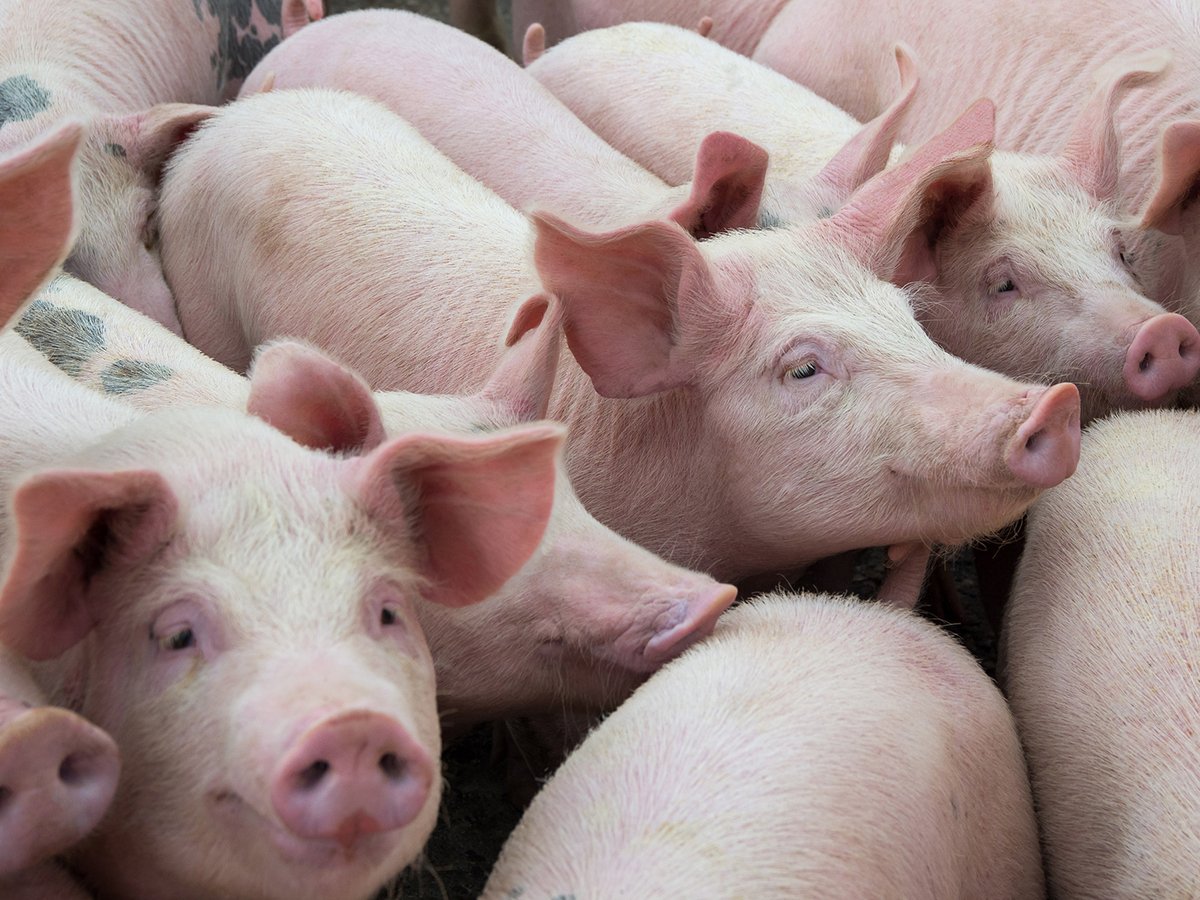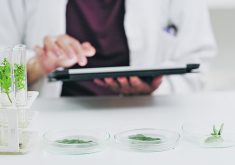Saskatchewan’s beef industry is catching up to other areas of livestock by advancing research on beef genetics through genomic markers.
The University of Saskatchewan will be receiving funding from the Government of Saskatchewan and the Government of Canada to build two new facilities to support this work.
The Omics Resource Centre will be in Saskatoon at the Western College of Veterinary Medicine, and the Beef Reprotech facilities will be housed at the Livestock and Forage Centre of Excellence near Clavet, Sask.
Read Also

Quebec pork company calls for transparency around gene-edited pigs
Quebec-based pork company duBreton is calling for transparency around meats from gene-edited pigs on concerns that a lack of mandatory labelling will confuse consumers, and dilute certification claims. The organic sector is also calling for labelling rules.
The two facilities are part of the Integrated Genomics for Sustainable Animal Agriculture and Environmental Stewardship initiative, or IntegrOmes for short.
“As a government, we work hard to ensure Saskatchewan’s economy stays strong, innovative and competitive,” said Daryl Harrison, Saskatchewan’s minister of agriculture, at the June 17 announcement.
“We want our producers to thrive because when they thrive and are profitable, so is the province.”
It’s hoped the facilities will improve Saskatchewan beef producers’ competitiveness nationally and internationally, similarse to genomic work that is already being performed in other livestock industries, such as dairy cattle.
Over the next four years, the university will receive $3.4 million as part of the Sustainable Canadian Agricultural Partnership and as part of the Saskatchewan government’s goal of supporting agricultural research.
Other funders for the project include the Canada Foundation for Innovation, Innovation Saskatchewan, the U of S, Saskatchewan Polytechnic, Alberta Ministry of Jobs, Economy, and Innovation, Prairie Diagnostic Services and the Saskatchewan Cattle Association.
“This project will add capacity for genetics research and provide new tools for Saskatchewan producers,” Harrison said.
“The goal is to develop on-farm genomics-based real time diagnostic tools to improve food quality, quantity and security. Putting genomic tools in the hands of our best producers will help them to better address issues related to reproduction, animal health and the environmental footprint of the operation.”


















